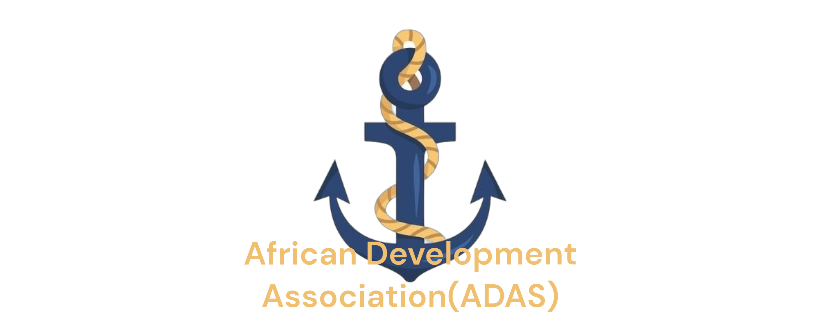We Work Together
Following a detailed internal review, the African Development Association (ADAS) has refocused its work to facilitate WASH, cookstoves, climate change and renewable energy projects and initiatives especially for last mile and rural communities and to support community resilience in the affected parts of Cameroon, S.W. Chad, S.E. Niger, N.E.
African Development Association (ADAS)
Following a detailed internal review, the African Development Association (ADAS) has refocused its work to facilitate WASH, cookstoves, climate change and renewable energy projects and initiatives especially for last mile and rural communities and to support community resilience in the affected parts of Cameroon, S.W. Chad, S.E. Niger, N.E. Nigeria and CAR; and to partner with organizations and communities on action research on climate change and fostering sustainable development. We will do this through our flagship programmes for 2020 to 2023:
Building Community Resilience to Pandemics and Climate Change
- Facilitate WASH projects and initiatives especially in rural communities
- Facilitate renewable energy solutions for last mile communities, including use of renewable energy for productive purposes and fuel efficient cookstoves
- Facilitate and Support community based responses to covid-10 and other potential pandemics
- Facilitate and Support community based disaster risk reduction initiatives
- Facilitate and Support community based climate change adaptation and resilience initiatives
- Facilitate and Support the development of climate compatible agricultural practices for small farmers
- Institutional Strengthening for Improved Village Service Delivery through the support of Village Development Associations
- Support access to information and support networks through the Virtual Communities ICT Hub Project
CORE EXPERTISE
Every ADAS project is a partnership with the participating communities.
ADAS designs projects with participatory appraisals. What does that mean? ADAS staff, most of whom are community members themselves, work with each community to identify what development difficulties they face and what local resources are available to achieve solutions. In addition to national and corporate leaders, we consult with traditional and religious leaders when designing projects, and we react to local feedback as projects progress. We contract local companies to carry out certain project tasks, such as the construction of a community library, so local firms earn the experience and the income.
Community Engagement is crucial to the success of any development project, and it has been an ADAS hallmark since our founding. Ninety-eight percent of ADAS field staff is African. Ultimately, we excel at partnering with communities because we are the local community.
Give someone a fish or teach someone to fish?
ADAS believes in the teaching or even joint learning of the question. Development projects are only truly successful if project participants gain knowledge in the process. Clothes get worn, food gets eaten and money gets spent. But knowledge gets passed on. If you really want to invest in Africa’s future, invest in an African community’s skills to control their own future.
From our mentorship approach to our substantial partnerships with local Civil Society Organizations, a description of practically every ADAS project includes the phrases “knowledge transfer” or “sustainability”. In practice, these phrases mean things like partnering with government agriculture extension workers on to introduce new farming techniques on demonstration plots, training local masons to maintain household latrines, educating leaders to stress the importance of continued entrepreneurial training, equipping local institutions to deliver successful vocational training, empowering women to teach their sisters and mothers improved food preparation techniques, and the list goes on. ADAS’s goal is to support communities in achieving self-reliance, because then and only then, can they achieve prosperity on their own terms.
ADAS does not decide what an African community should do. Development organizations and donors do not have that right.
ADAS supports communities in overcoming problems they identify by empowering communities to lead the change themselves. We provide access to techniques and technologies, but these are only successful if communities voluntarily adopt them. And the biggest positive impacts are achieved when community members continue to pass these skills and tools on to their families and neighbors.
ADAS’s majority African project staff knows how to marry respect for tradition with innovation, effectively demonstrating to communities what actions they can take to improve their lives. ADAS’s legacy of trust earned through over four decades of work on the continent positions us to be great communicators of new knowledge and skills, but the credit for project success should go to our community participants, because they are the ones who drive it.
Africa is rising, and one result of this growth is increased interest among companies around the world in investing on the continent. Faster and faster, the private sector is seeing that healthy, productive African communities are good for business, in addition to being important for their own sake. Partnerships between non-governmental organizations like ADAS and the business community offer long-term potential for Africa’s economic development. As the private sector grows, so too does their stake in the well-being and future of their employees and consumers.
ADAS selectively partners with the private sector to support programs strengthening local institutions and delivering positive results to communities.
ADAS’s vision for corporate social responsibility looks to create sustainable, mutually beneficial impacts with measurable returns, and ADAS has worked all over the continent with corporations to not only improve the quality of life of those we serve, but also to enhance the economic impact of industrial growth in the countries where we work.
SUSTAINABILITY
ADAS works to ensure that that the institutions supported through projects and the benefits realized are maintained and continue after the end of the project
….
In order to effectively operationalize the concept of sustainability, we must move beyond the current focus on institutions to take a number of other dimensions of sustainability into account. Consideration of each is critical, due to the fact that they not only reflect different outcomes, but they also come to the fore at different stages of the project cycle
In order to ensure project sustainability we consider four essential dimensions:
- Institutional sustainability functional institutions will be self-sustaining after the project ends
- Household and community resilience – resilient communities are readily able to anticipate and adapt to change through clear decision-making processes, collaboration, and management of resources internal and external to the community.
- Environmental sustainability – an environmentally sustainable system must maintain a stable resource base, avoid overexploitation of renewable resources and preserve biodiversity.
- Structural change – the structural dimensions of poverty are addressed through the empowerment of poor and marginalized rural households. Most internal discussions of the sustainability of programmes have focused on institutional sustainability. The objective is to leave a legacy of functional institutions that will be self-sustaining once the project ends.
Technical Specialties:
Most African farmers are disadvantaged at every stage in the process of producing and selling crops. Large areas of soil are nutrient deficient. Rains are erratic. Technology is scarce. Credit is limited. Markets are often out of reach or inefficient. But in spite of these problems, ADAS knows that Africa can be the world’s next breadbasket.
Approximately 80% of Africa’s farms are small plots run by rural farmers, and if they are equipped with knowledge of best agricultural practices and with basic inputs such as improved seeds, they are able to maximize yields of diverse crops to feed themselves, their families and their communities. ADAS targets rural populations with interventions to improve yields, incomes and nutrition practices to bolster the continent’s ability to feed itself, and its ability to eventually help feed the rest of the world.
2. Agricultural Value Chain Development
We also work with partners to develop African agricultural value chains
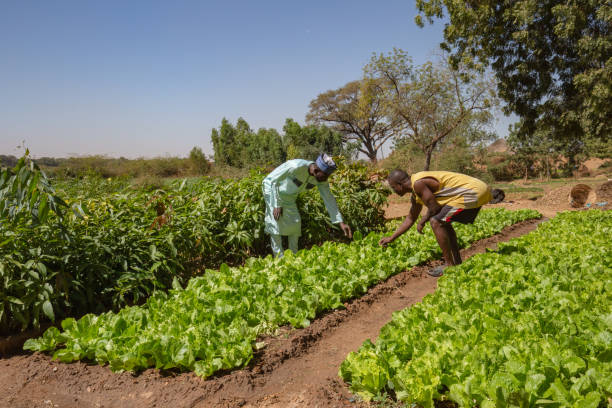
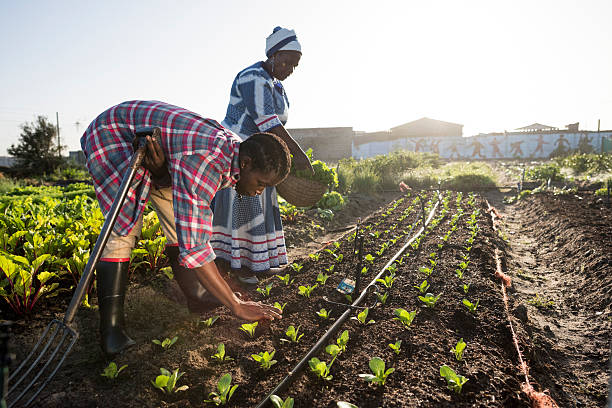
3. SUSTAINABLE DEVELOPMENT
Sustainable Development is the concept of using resources to meet the needs of humanity in the present without compromising the ability of future generations to meet their own needs. How can we live sustainably in our natural environment? How can we encourage economic growth without excessively and wastefully using up our natural resources? ADAS provides a platform of research, education, training and collaborative programmes which aim to teach and enable NGOs, government, the private sector and communities to plan, work and live more sustainably
ADAS hosts the following programmes and platforms:
Networking – enables NGOs and community groups access to workshops, conferences, information and other networks working together toward common sustainable development goals. Weprovides relevant workshops, training and mentoring programmes to assist in meeting these capacity needs.
Education and training – This programme provides training in health, business development, fundraising and resource mobilisation, and more
Research – this platform provides access to open source and purchasable research and information on sustainable development. This includes documentaries, research studies, books and more.
4. Collaborative International Development Research Projects
We partner with international development organizations on ongoing and future international development research projects in our main programme areas. We are also actively seeking new partners from North and South to partner on ongoing and possible future projects. Please contact us if you wish to partner with us at engungoh@adasafrica.org
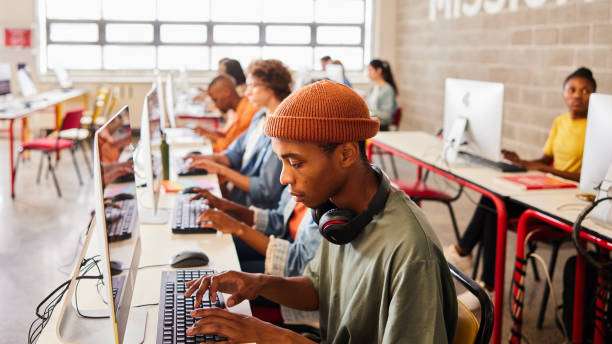
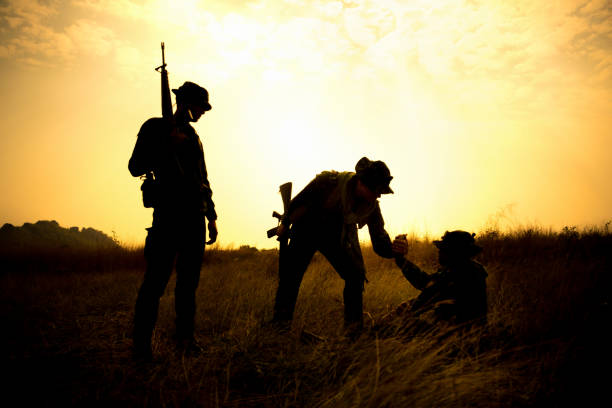
5. Conflict reduction, conflict management and resilient societies
Around 17 million people live in areas affected by the violent conflict between non-state armed groups and military forces in the Lake Chad region, which has spread across Cameroon, Chad, Niger and Nigeria. More than 2.3 million people have been forced from their homes and remain displaced today.
The conflict has had a particularly damaging effect on the mental health of displaced people and those still living amid the violence.
ADAS has seen an increasing need for mental health support since the start of the conflict. Even in places where violence may have decreased, the consequences of displacement, hopelessness and despair continue to affect people’s lives and can lead to chronic mental health problems.
Part of ADAS’ activities in the region is aimed at reducing the psychological suffering of people caught in the Lake Chad conflict. Many are in need of psychological support having experienced violence, witnessed atrocities, or lost family members and belongings, whether as displaced people, as refugees or in their local communities.
More recently with the Anglophone crises in Cameroon, more than 160,000 people have been displaced, dozens killed and attacked as tensions are rising in the South-West and North-West Regions of Cameroon. A total of 3.5 million inhabitants are affected by this crisis – 16% of Cameroon population. Women and girls are particularly affected by violence. More than 40 schools have been attacked by armed groups and for nearly two years access to school for youths and children has been highly disrupted. The economic situation is going through a major decline in these regions. Many have lost family members and basic belongings. They need a safe place to stay, food, clean water, medical assistance and psychosocial support. They also urgently need protection and support for economic and educational recovery. ADAS has been working actively to meet some of those needs.
6. Climate change adaptation, mitigation and sustainability
Sustainable agriculture and community forestry are powerful strategies for conserving the abundance of natural resources in Cameroon and the Central African Sub Region.
ADAS has supported research and initiatives on REDD+ and sustainable forestry management practices in the Sub Region. We also partner with farming communities to build climate-resilient, sustainable agriculture landscapes. And we have been supporting the Government, Civil Society and private sector organizations in mainstreaming sustainability in projects and activities as well as building capacity and supporting them to plan, access, implement, monitor and evaluate and report on climate finance and climate action to enhance adaptation and resilience in the Sub Region
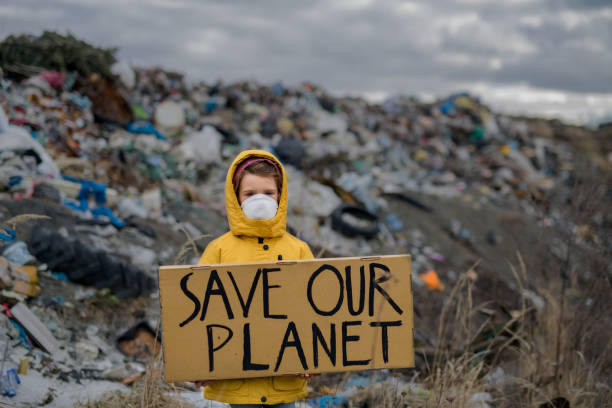
Become a volunteer
Join us for a better life and beautiful future
Following a detailed internal review, the African Development Association (ADAS) has refocused its work to facilitate WASH, cookstoves, climate change and renewable energy projects and initiatives especially for last mile and rural communities and to support community resilience in the affected parts of Cameroon, S.W. Chad, S.E. Niger, N.E. Nigeria and CAR; and to partner with organizations and communities on action research on climate change and fostering sustainable development. We will do this through our flagship programmes for 2020 to 2023
